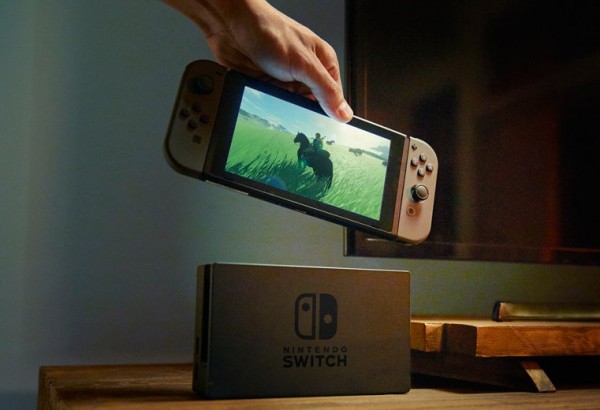Over the last year, console hackers and modders have been chipping away at the Nintendo Switch, discovering what makes the console tick and how to work around its security. At this point, playing pirated games on a Switch is perfectly possible, so Nintendo is cracking down with some strict new policies.
It turns out that the Tegra chip powering the Switch has a backdoor that is believed to be ‘unpatchable' at this point in time. Nintendo has worked around this with new anti-piracy measures, which are apparently able to ‘perfectly detect' whether a digital copy of a game has been legitimately obtained from the eShop or not.
In a detailed breakdown going over the new anti-piracy measures, SciresM explains how Nintendo has managed to tackle cartridge-based piracy and digital piracy. In the case of game cartridges, Nintendo can now detect whether or not the user connecting has data from a Nintendo-authorised cartridge, which varies from game to game. This solves the 3DS-era issue of gamecard header data being shared between games, allowing piracy across a broad range of the 3DS library.
In the case of digital games, things are a little more long-winded. When you buy a game from the eShop, you get a certification ticket. This contains a Title ID for the game, a console ID for your specific Switch and the Nintendo Account ID for the purchasing account. All of this is signed by Nintendo using RSA-2048, which can't be forged at this point in time.
When you launch a digital game on the Switch, the console contacts the eShop service and creates a relevant ticket based on the Title ID, console device ID and the Nintendo Account ID, along with a one-way encryption key that can only be reversed by Nintendo. Essentially, Nintendo will be able to detect pirated games very quickly, and will automatically ban the console.
Eventually, there may be custom firmware that allows users to play pirated games offline, cutting out Nintendo's authorisation systems from the equation. However, this should be enough to protect online multiplayer games from being spoiled by cheaters- which will be a big focus for Nintendo now that it is asking Switch owners to pay for online services.
KitGuru Says: Nintendo consoles have all had some issues with piracy, but things caught on very quickly for the Switch. At this point, offline piracy might be inevitable, but at least Nintendo can still try to keep its online services secure.
 KitGuru KitGuru.net – Tech News | Hardware News | Hardware Reviews | IOS | Mobile | Gaming | Graphics Cards
KitGuru KitGuru.net – Tech News | Hardware News | Hardware Reviews | IOS | Mobile | Gaming | Graphics Cards



